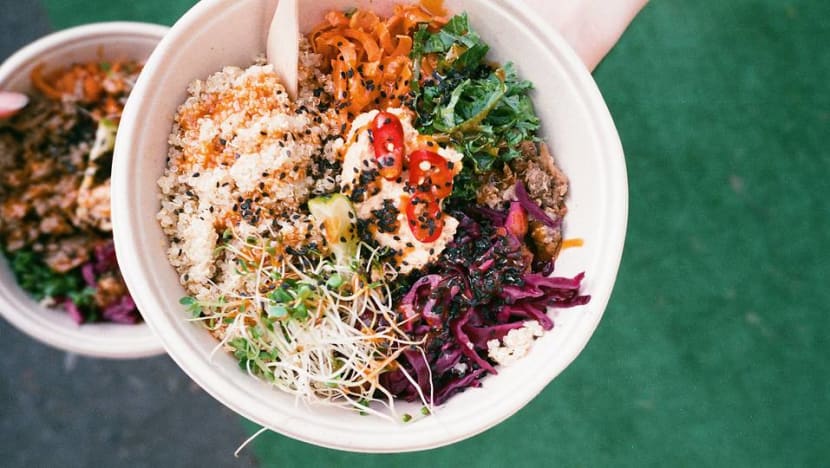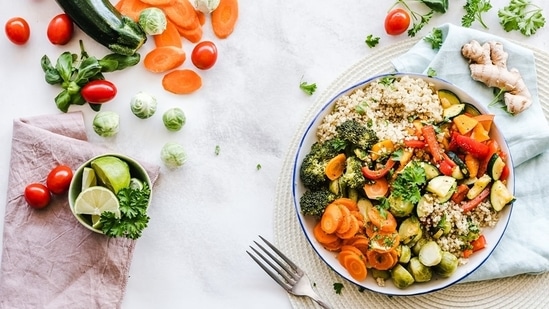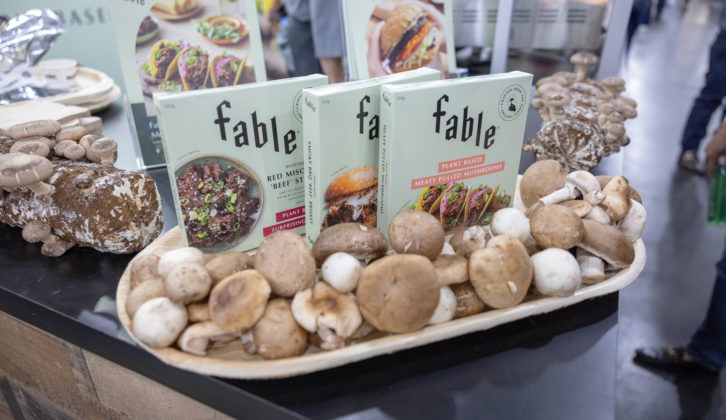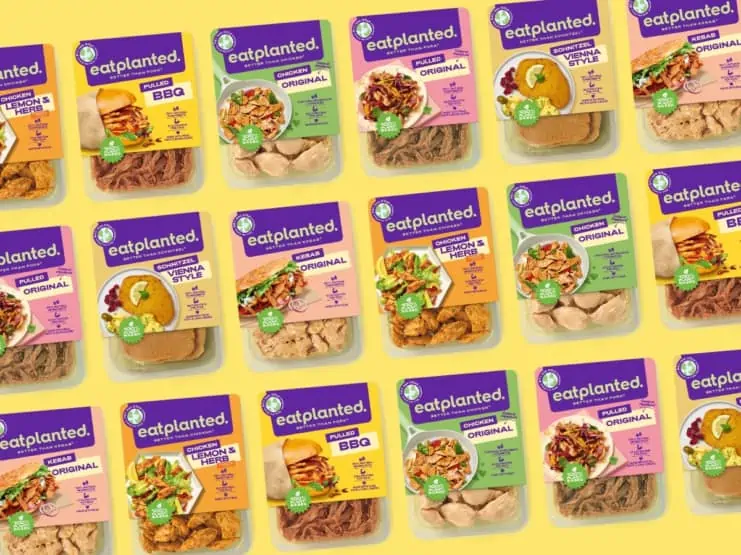By ESZTER ZALAN
The war in Ukraine brought into sharp focus that food security is not a given. Not even in Europe.
Countries highly-dependent on imports of Ukrainian and Russian cereals, like Egypt, Turkey and Middle East, faced shortages — which Russian propaganda has used to undermine the West’s sanctions policy.
While the shocks to the food system caused by the war mostly impacted countries outside of Europe, there is increasing concern about affordable food in the EU too.

Food prices have continued to rise, despite inflation dropping for a second consecutive month in December 2022, according to Eurostat, the EU’s statistical agency.
The inflation of food prices in the EU was 18.2 percent in December, with the highest price rise seen in Hungary at nearly 50 percent, Lithuania with 33.5 percent, followed by Estonia with 30.8 percent.
“Food security effects are minor, in an international perspective. […] Availability of food in the EU is not impaired. Food-price inflation has been high, so affordability is critical for the poorest households,” Rico Ihle from the Wageningen University in the Netherlands told MEPs last October.
He added that the EU was able to boost its wheat exports, contributing to smoothing the global scarcity caused by Russia’s invasion of Ukraine — with both countries being important exporters.

“The EU has been shown in simulations of the World Bank to be the largest global winner in terms of gains in export revenues due to the explosion of prices, but it is a net loser due to massive energy imports,” Ihle explained.
These concerns over food security, which are not only exacerbated by the war but also by the increasingly extreme and unpredictable weather caused by climate change, underpin arguments for adjusting to a more plant-based diet.
Meat = Heat
The global production of food is responsible for a third of all planet-heating gases and the use of animals for meat causes twice the pollution of producing plant-based foods, a major study has found.
Animal agriculture’s impact on food security and climate change are expected to grow, if plant-based diets do not take on. The UN estimates that more people will consume meat as millions will adopt middle-class, urbanised life-stlye along with its consumption habits.
Asia accounts for 40 to 45 percent of total global meat production, having overtaken Europe and North America as the dominant producers, according to a UK government report on food security. The UN’s Food and Agriculture Organization (FAO) expects global meat production to increase by 13 percent over the next 10 years.

It remains to be seen if that trend would be impacted by growing prices and climate concerns. Europeans are tending to decrease meat consumption, but not by much, and very slowly.
About 1.5kg of meat is consumed per week by the average citizen of the EU-27, according to FAO data, which is twice the global average, Greenpeace argues.
** Click here to read the full-text **








